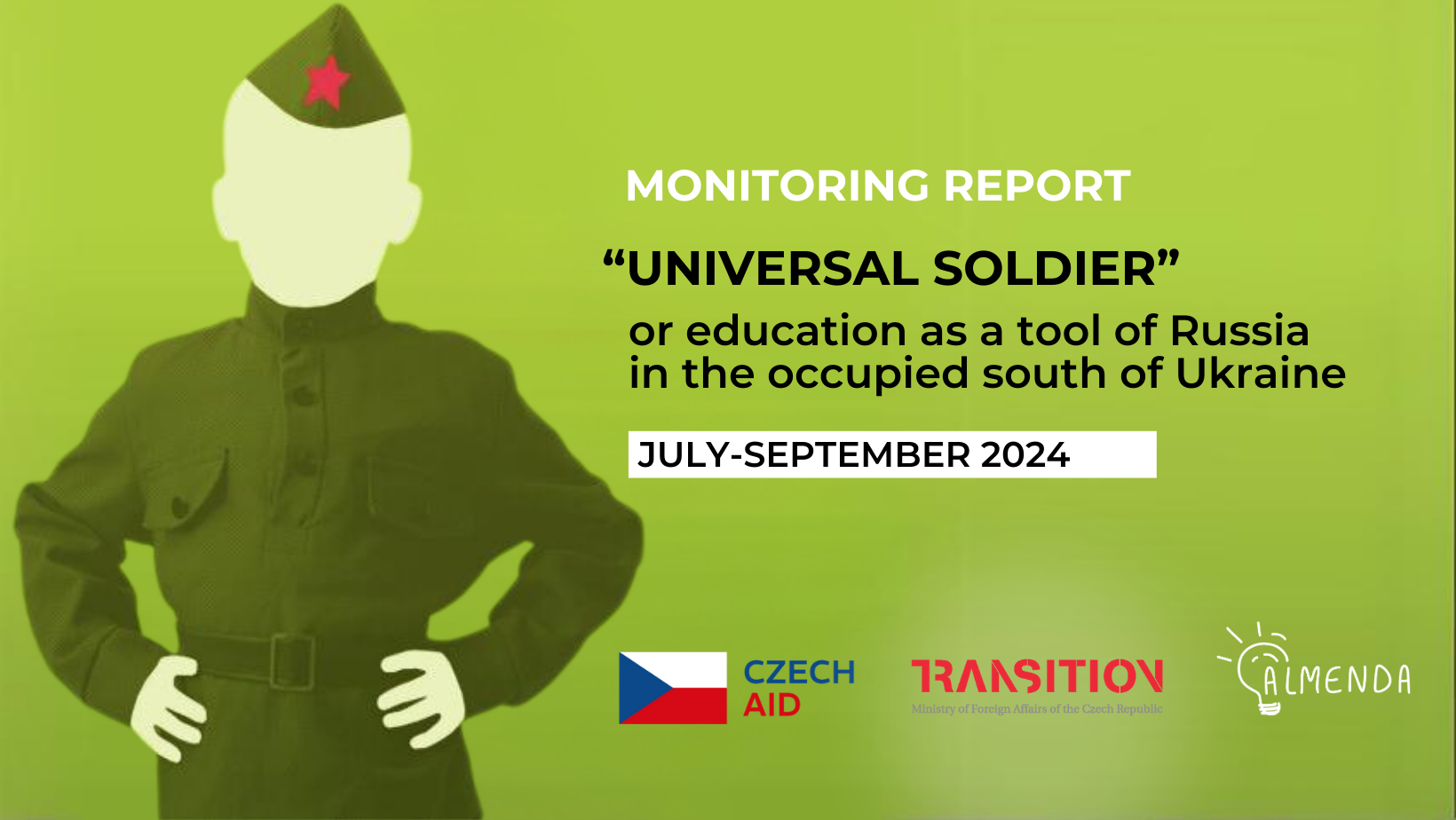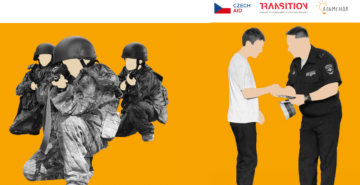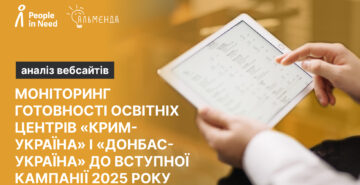

Monitoring Report “Universal soldier”, July-September 2024
Propaganda influence of the occupation authorities on children who are in the temporarily occupied territories (TOT) is carried out throughout the year. Even during the summer holiday period, active work on the militarization of children continues.
To achieve this goal, Russia uses both tried-and-tested and new tools of influence: from the organization of summer camps to the “Vacations with the Russian Guard” campaign, which includes frank military training of children and youth from the Russian Armed Forces, aimed at forming a positive attitude towards Russian servicemen in them and encouragement to join the armed forces of the Russian Federation.
Similar methods of influence are applied by the occupation authorities to all TOTs in the south of Ukraine.
And militaristic and propaganda events often take place under the pretext of Russian holidays, commemorative days and events.
In the period from July to September 2024, it was recorded that Ukrainian children and youth from TOT participated in militaristic and propaganda events for the “Day of the Russian Navy”, “Day of the Airborne Forces of the Russian Federation”, “Day of the Family” and ” Flag Day”, as well as the beginning of the school year and others.
The actions recorded during the monitoring period, which the RF is committing in the TOT directly or through the occupation authorities under its control, constitute the violations:
- Article 26 of the Universal Declaration of Human Rights, which states that education shall be directed to the full development of the human personality and to the strengthening of respect for human rights and fundamental freedoms. Education shall promote understanding, tolerance and friendship among all nations, racial or religious groups;
- Article 13 of the International Covenant on Economic, Social and Cultural Rights, which also addresses the issue of education;
- Article 20 of the International Covenant on Civil and Political Rights, which states that any propaganda for war shall be prohibited by law;
- Article 29 of the Convention on the Rights of the Child, which states that the education of the child shall be directed to the preparation of the child for responsible life in a free society in the spirit of understanding, peace, tolerance, equality of sexes, and friendship among all peoples, ethnic, national and religious groups and persons of indigenous origin;
- Articles 38 and 39 of the Convention on the Rights of the Child, which regulate the protection of children in time of war;
- Article 50 of the Convention relative to the Protection of Civilian Persons in Time of War (Fourth Geneva Convention), which prohibits the Occupying Power, inter alia, from enlisting children in formations or organizations subordinate to it;
- Article 51 of the Convention relative to the Protection of Civilian Persons in Time of War (Fourth Geneva Convention), which provides that the Occupying Power may not compel protected persons to serve in its armed or auxiliary forces. No pressure or propaganda which aims at securing voluntary enlistment is permitted.
This monitoring report covers the period from 1 July to 30 September 2024.
Areas of research: destruction of Ukrainian identity, militarisation of children in the occupied territories, involvement of children in actions aimed at supporting Russia’s armed aggression against Ukraine, assimilation of the population of the occupied territories, destruction of the Ukrainian education system.
Geography: temporarily occupied territories of the Zaporizhzhia and Kherson regions, the Autonomous Republic of Crimea and the city of Sevastopol.
The monitoring report was prepared by the Centre for Civic Education “Almenda” as part of the project “Childhood Unchained: Standing Against Occupation`s Impact”. The project is implemented with the financial support of the Ministry of Foreign Affairs of the Czech Republic as part of the Transition Promotion Programme. The views expressed in this report are those of the authors and do not reflect the official position of the Ministry of Foreign Affairs of the Czech Republic



